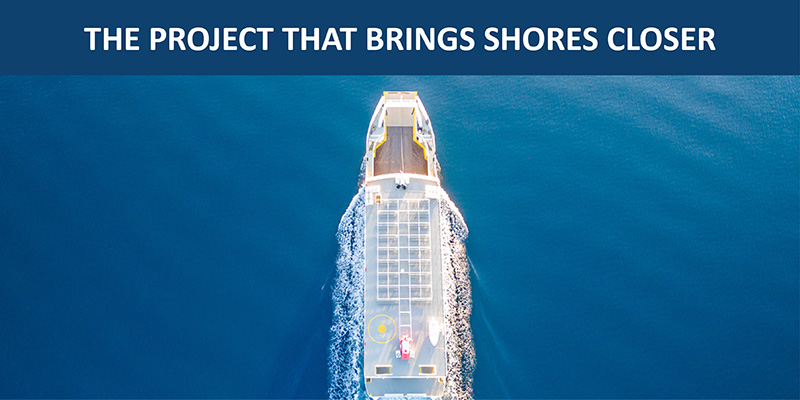
The Puglia Region has started the activities to establish a real "European Maritime Transport Area without barriers", eliminating unnecessary administrative obstacles such as the repetition of cross-border controls, the heterogeneity of documents and all the other factors that prevent the potential development of short range navigation.
The goal is to create a common space for the legal aspects of the management of the ports involved and for the organizational and authorization aspects.
Over the years, maritime transport has taken on a strategic role within the European Community and the countries bordering the Mediterranean Sea. This strategic role has been matched by complex administrative procedures resulting from a wide range of national, European Union (EU) and international regulations in force in the areas of customs, taxation, immigration, safety and security, waste, health protection, etc.
The solutions that the Apulia Region intends to implement with the ALMONIT Project are inspired by an integrated maritime policy approach, aimed at strengthening the system of passenger/freight connections to the port of Bar (Montenegro) and to the port of Shenjin (Albania), in triangulation with the port of Bari, as well as the development of an environmental monitoring system on the microplastics present in the stretch of sea covered by the Project.
One of the first steps necessary for the pragmatic implementation of the ALMONIT project was to prepare a legal study of the regulatory framework, in order to identify a common regulatory basis, also in order to have a broad view of how the EU, the State and the Regions are working for the development of maritime traffic.
Therefore, work has been carried out to identify all the most important regulatory interventions of a strategic-programmatic nature at Community, national and regional level, aimed at creating an integrated system of transport services.
The intentions of the legal study can be summarised as follows:
- Recognition - shared with the partners - of the applicable European and national legislation, especially in the field of maritime transport;
- In-depth study of the legal nature of the ports in the individual ALMONIT partner states
- The identification of European and State incentive systems for maritime transport, which are also functional in relation to the expression of interest addressed to stakeholders.
This important milestone is even more significant in the current situation caused by the pandemic as a means of relaunching and encouraging short-sea shipping together with environmental monitoring of micro-plastics, in accordance with EU directives.
